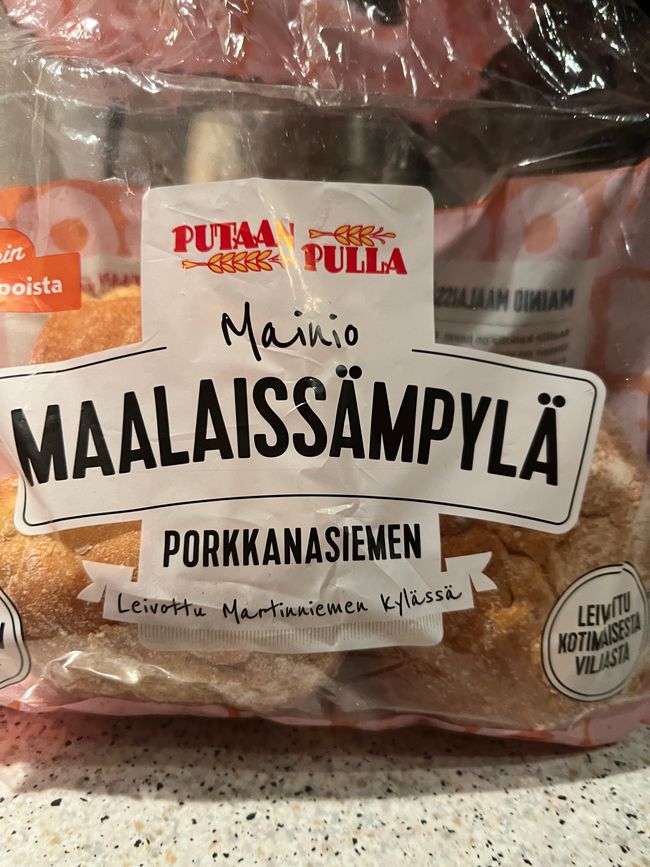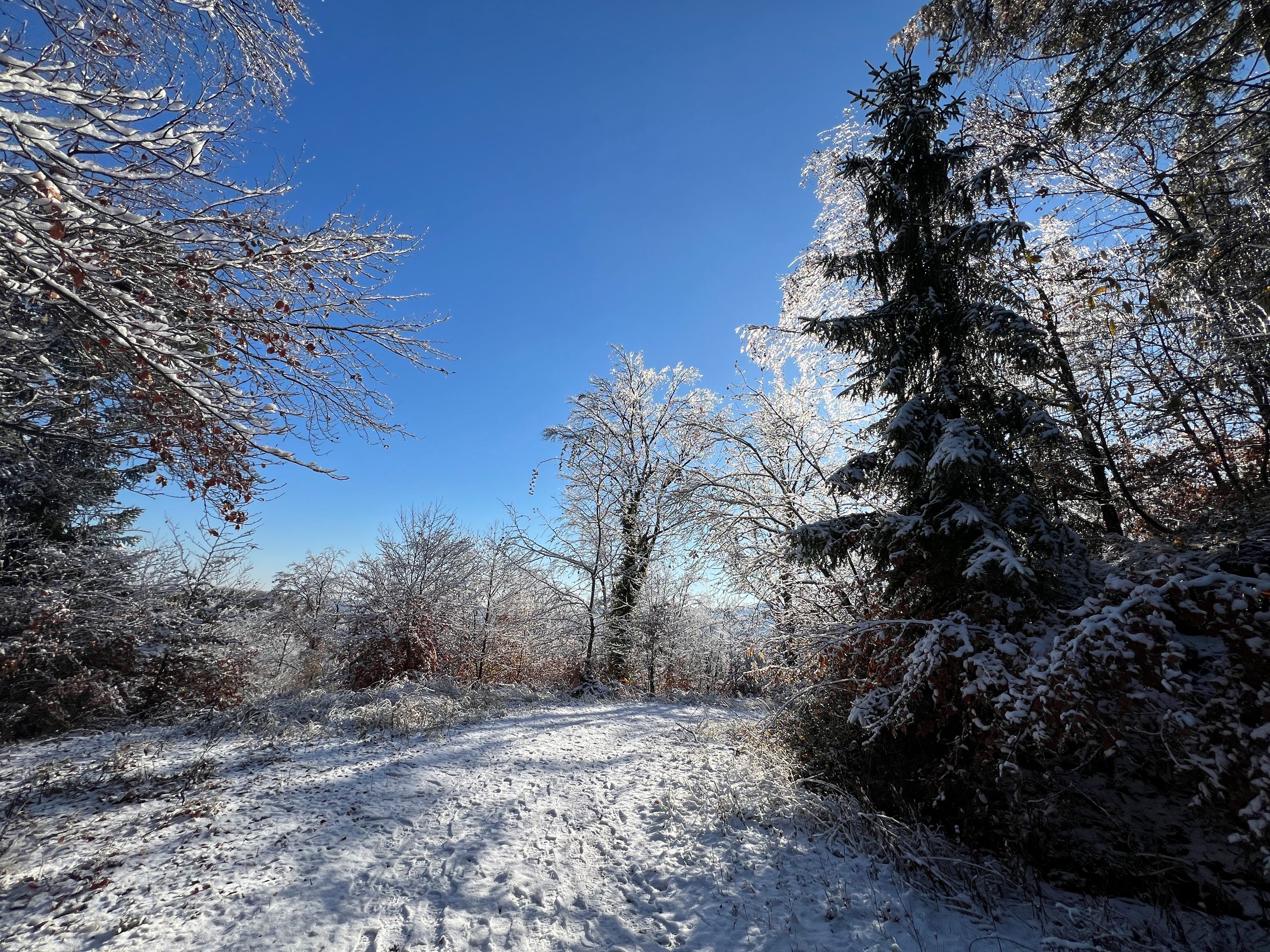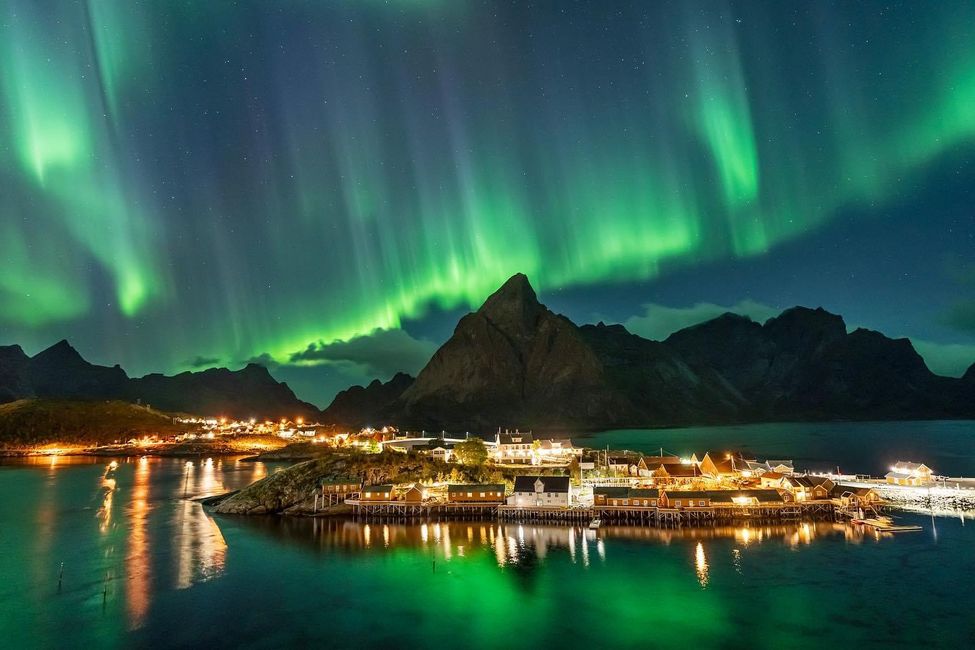People and language
Објављено: 24.01.2024
Пријавите се на билтен
I waited a while before I wrote something about people and language because I had to get an idea first. What are they like, the Finns? Judging from our encounters, they are mostly friendly, as innkeepers very approachable and helpful, as employees of the Helsinki City Council (who maintain the campsite in Helsinki), rather dismissive - they don't even answer a friendly greeting.
It's nice for us campers that the private campsite operators really try hard. We suspect that this also has something to do with the rating system of the park4night app, where a campsite can quickly be given a bad rating, which certainly has an impact on the number of guests. Our last host let us taste local liqueurs (e.g. licorice liqueur 😖). The previous one turned on the large sauna especially for us - people like to rate it well!
You will ask what this old house is about on the cover of this chapter. It is an ancient sauna and the owner of the campsite told us that he is not allowed to use it because it does not comply with safety regulations. You can see: the red tape neighs here too.
Now to the language: It is really an order. It is one of the Finno-Ugric languages and these have a fundamentally different structure than the Indo-European languages, which include German. There are no genders, no articles and no prepositions in Finnish, but there are 15 cases (!). The indication of the location in a sentence, for example, is added in the form of a case ending, as are negations. This is how these miserably long words are created that we can hardly read anymore. To make matters worse, a separate language is spoken in the north, i.e. in Lapland, which has very little in common with Finnish. And: there is a large Swedish minority in the country and almost everything in public is written in two languages (which sometimes gives us an idea of the meaning of the signs, since Swedish is a North Germanic language).

Because Finland only has a total population of 5.5 million people, the films that are shown on television are usually not dubbed. Miserably long words are running down there at a monkey's pace as subtitles. No wonder Finnish students are so good at reading! (See Pisa tests).
Today we are reaching the Arctic Circle and are curious to see whether the Sami, the inhabitants of Lapland, are really different from the other Finns (as claimed in the guides).
Пријавите се на билтен
Одговор


